Are you tired of hearing that annoying squeaking sound every time you drive over a bump?
If you have coilovers installed on your vehicle, chances are that the squeaking noise is coming from them.
Coilovers are an essential part of your car's suspension system, and they are designed to provide a smoother ride. However, when they start to squeak, it can be a real headache.
Common Causes of Coilovers Squeaking
Is it normal for coilovers to make noise? The short answer is no, it's not normal for coilovers to make noise.
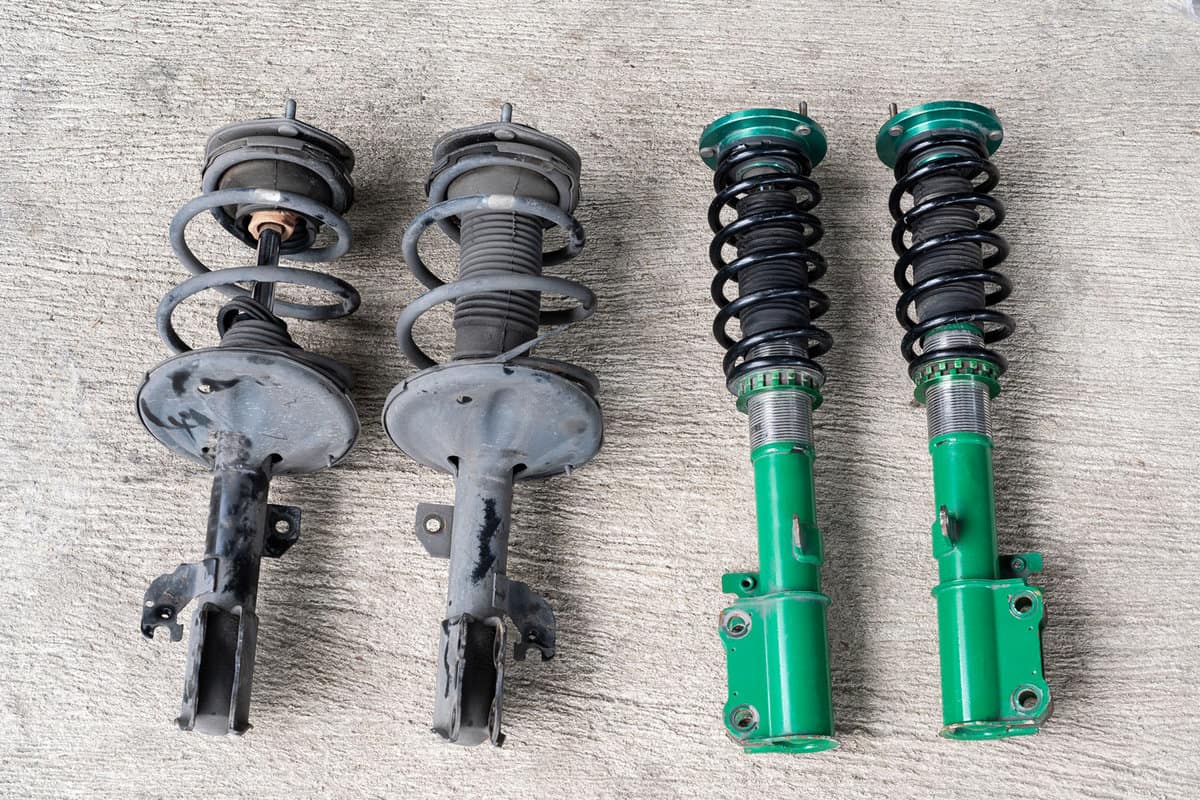
It's important to note that while some noise is normal, excessive noise is not.
So, what causes coilovers to squeak?
Improper Installation
One of the most common causes of coilovers squeaking is improper installation.
If the coilovers are not installed correctly, they can rub against other parts of the suspension system, causing friction and noise.
Make sure to follow the manufacturer's instructions carefully and use the proper tools to install the coilovers.
If you are not confident in your ability to install them correctly, it is best to seek the help of a professional mechanic.
You might also like: Coilovers: The Good, the Bad, and the Ugly
Lack of Lubrication
The moving parts of the coilovers need to be lubricated to prevent friction and noise.
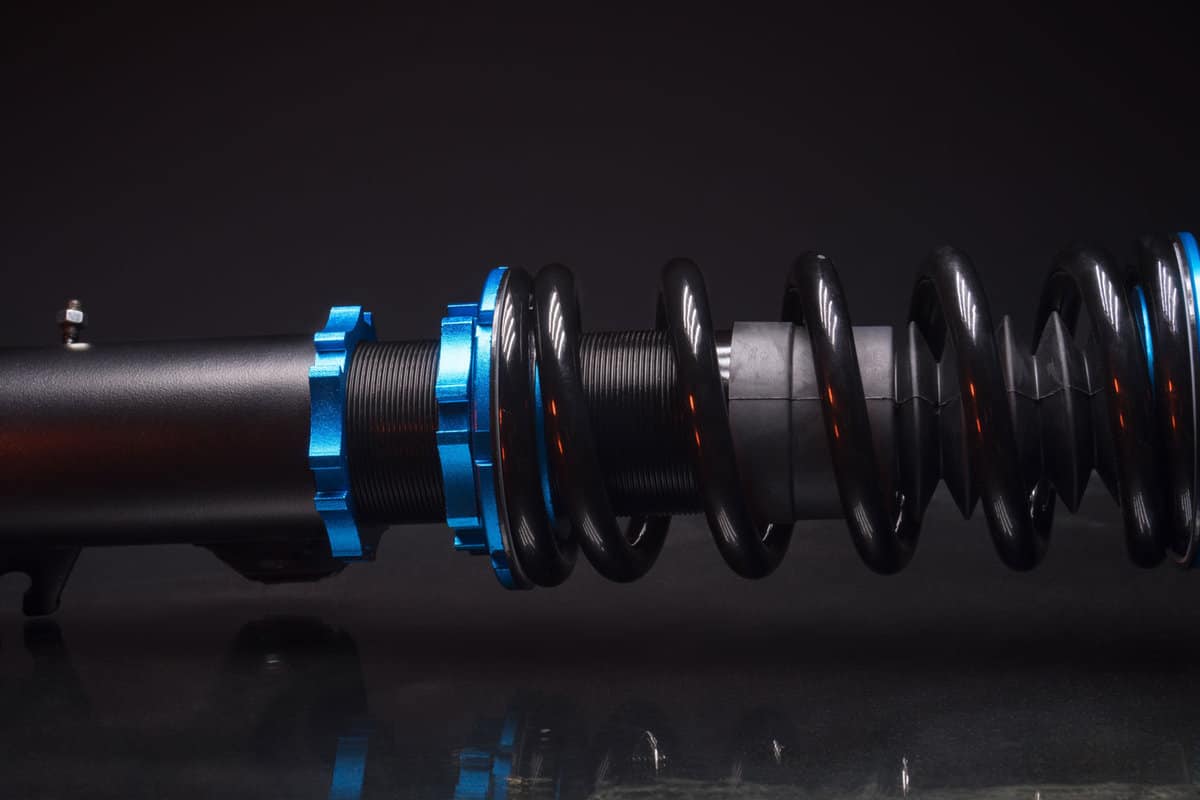
Check the manufacturer's instructions to see what type of lubricant is recommended for your coilovers.
Apply the lubricant to the moving parts of the coilovers regularly to keep them running smoothly and quietly.
Wear and Tear
Over time, the moving parts of the coilovers can wear down, causing them to squeak.
This is especially true if you drive on rough roads or use your car for racing or other high-performance activities.
Check the coilovers regularly for signs of wear and tear, such as cracks, rust, or loose parts.
If you notice any issues, it is best to replace the coilovers or have them repaired by a professional mechanic.
Related: The Best Coilovers for a Smooth Daily Drive: User Guide
Corrosion
Corrosion can also cause coilovers to squeak.
If the coilovers are exposed to moisture or salt, they can rust and corrode, causing friction and noise.
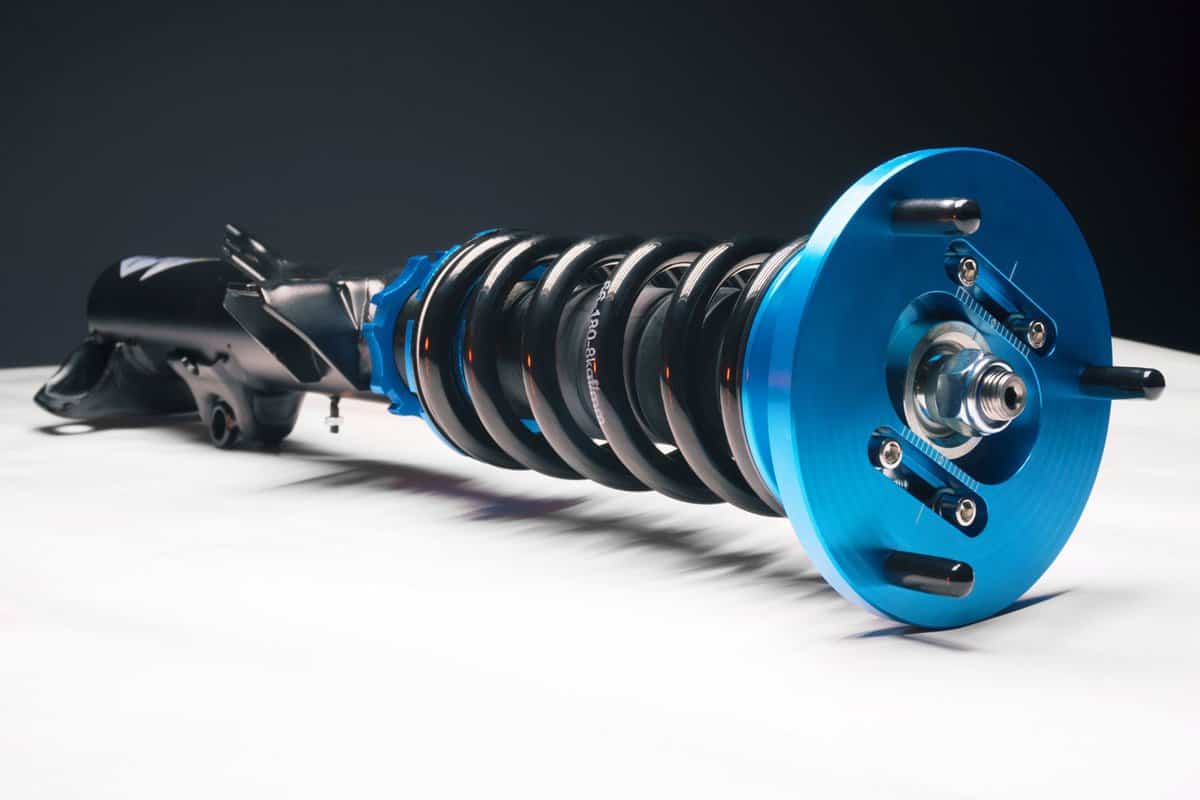
To prevent corrosion, make sure to keep your coilovers clean and dry.
If you live in an area with a lot of salt on the roads during the winter, consider applying a rust inhibitor to your coilovers.
Preventing Coilovers Squeak
Regular Maintenance
One of the most important things you can do to prevent coilovers from squeaking is to maintain them regularly.
This includes cleaning them, lubricating them, and checking them for any signs of wear and tear.
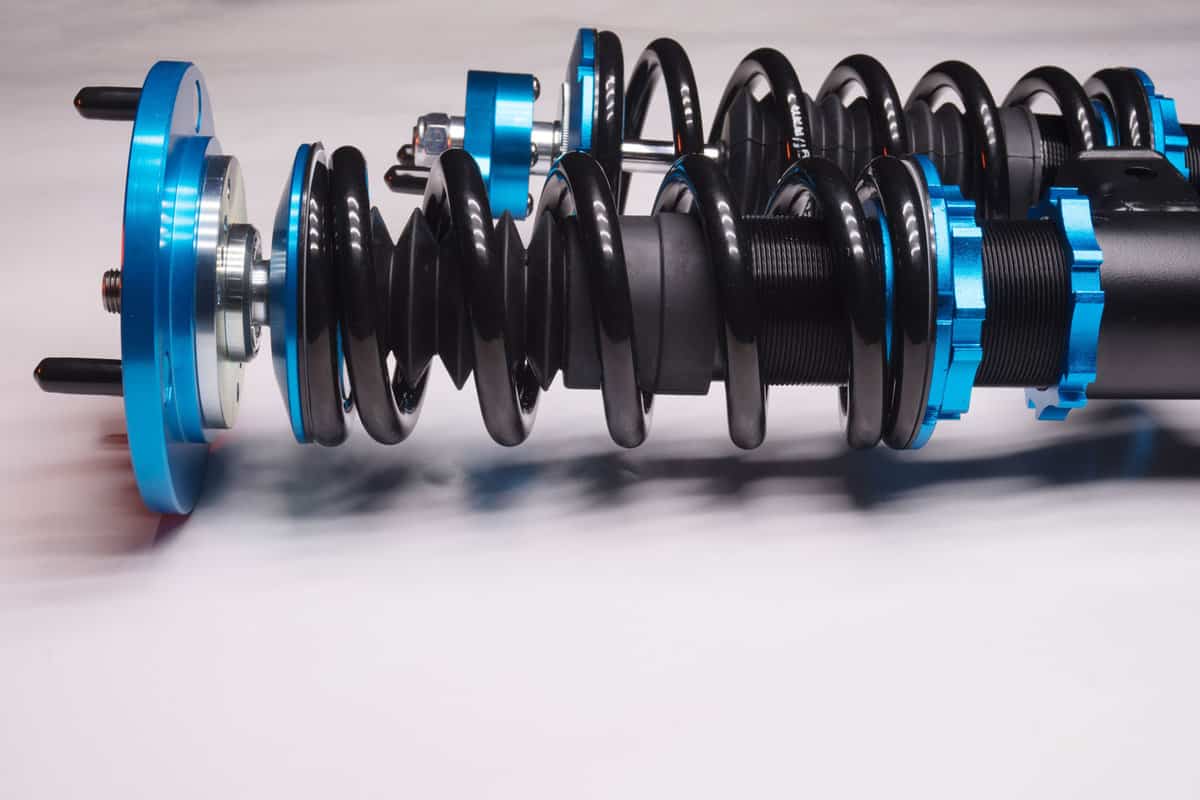
When it comes to lubricating a squeaky suspension, it's important to use a high-quality lubricant that is specifically designed for use on suspension components.
Some of the best lubricants for squeaky suspensions include silicone-based lubricants, lithium-based grease, and Teflon-based lubricants.
Make sure to follow the manufacturer's instructions for maintenance and use the recommended products to avoid damaging the coilovers.
Proper Installation
If the coilovers are not installed correctly, they may rub against other parts of the suspension system, causing noise.
Make sure to have your coilovers installed by a professional who has experience with your specific make and model.
Be sure to check out: The Ultimate Showdown: Coilovers vs. Struts
Quality Coilovers
Finally, investing in quality coilovers can also help prevent squeaking.
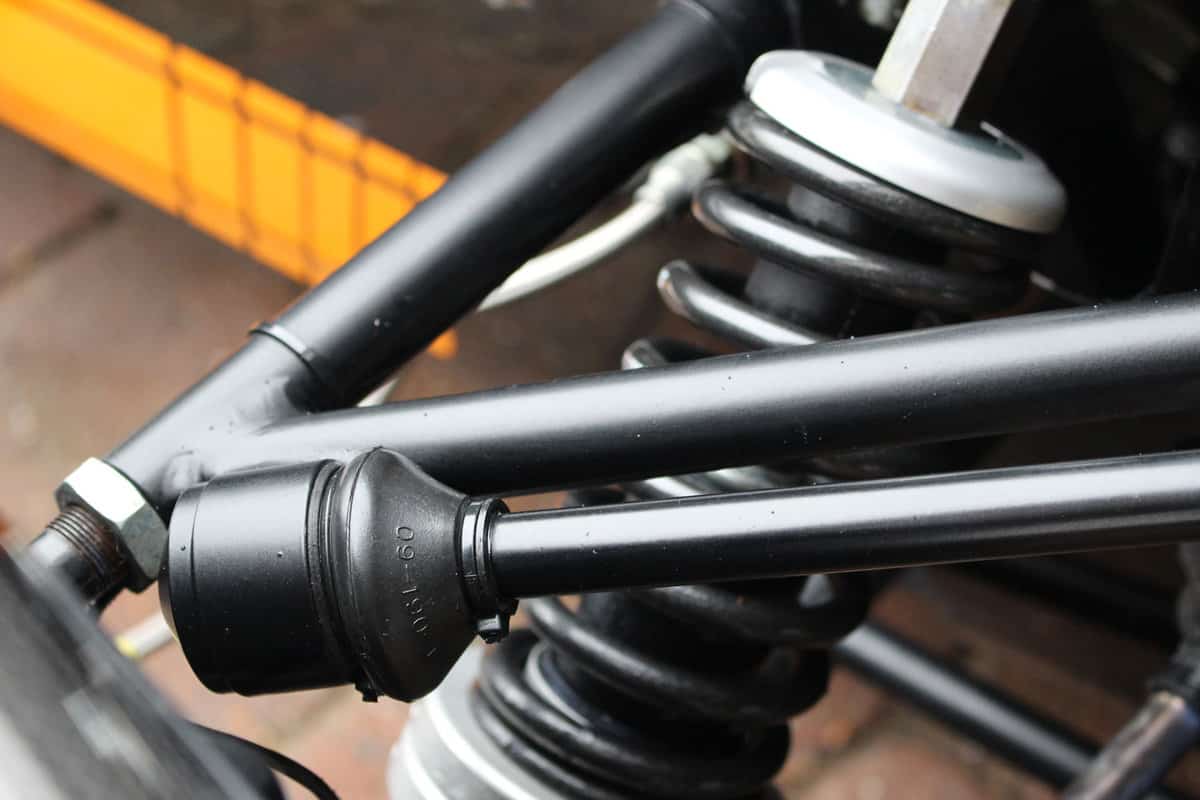
Cheap or poorly made coilovers may not fit properly or may wear out quickly, leading to noise.
Look for coilovers that are specifically designed for your vehicle and that have good reviews from other drivers.
Can a Squeaky Suspension Be Dangerous?
A squeaky suspension may not necessarily be dangerous, but it can be a sign of a more serious problem.
If left untreated, a squeaky suspension can lead to more serious issues, such as excessive wear and tear on the suspension components.
It's important to address any suspension issues as soon as possible to prevent further damage and ensure your safety on the road.
There you have it!
Keep your coilovers well-lubricated, check them regularly for signs of wear and tear, and keep them clean and dry to prevent corrosion.
With a little bit of maintenance, you can keep your coilovers running smoothly and quietly for years to come.
